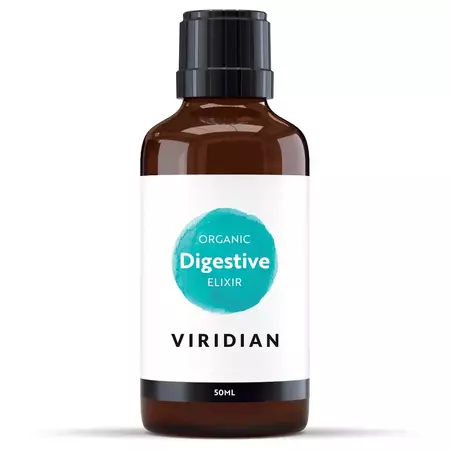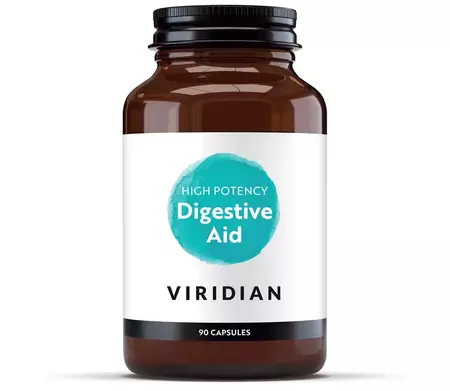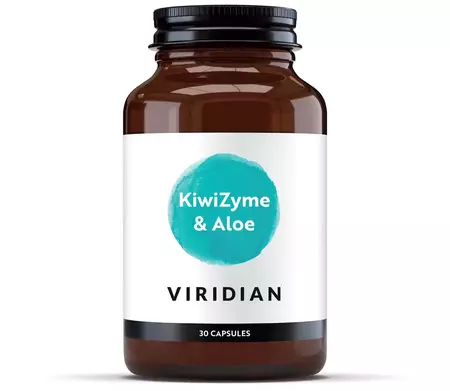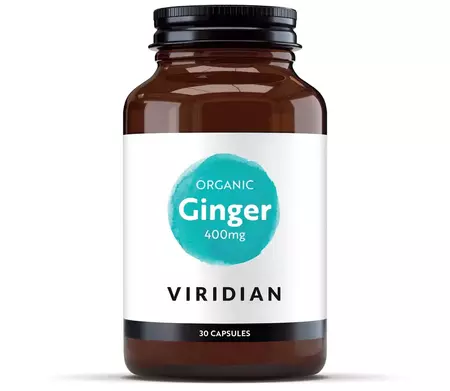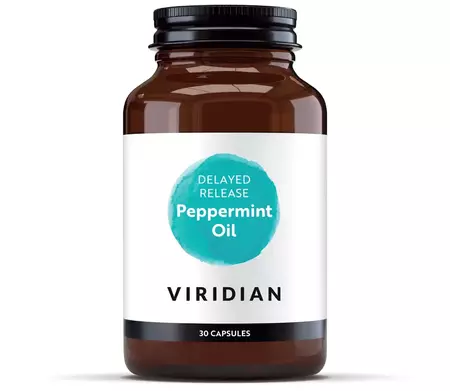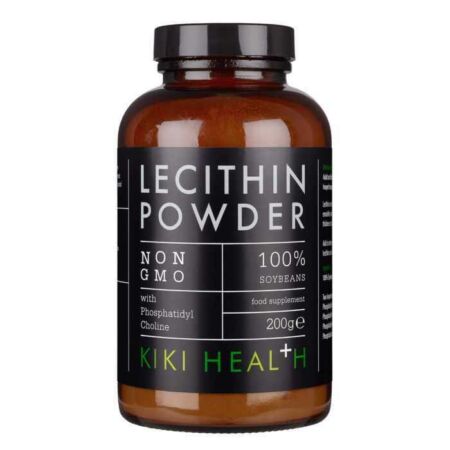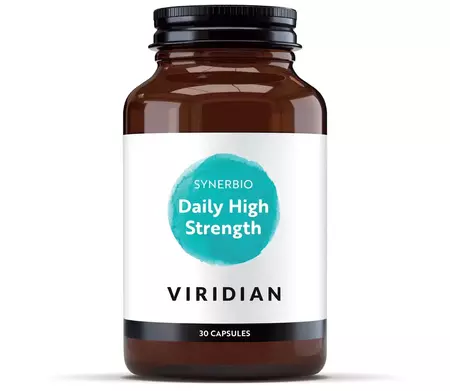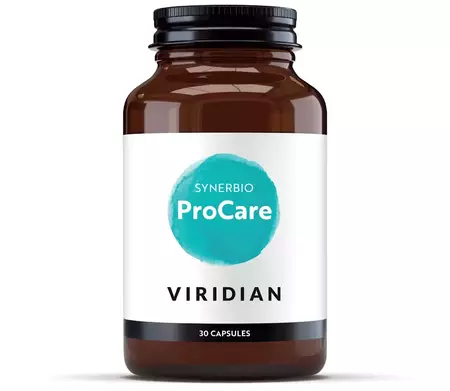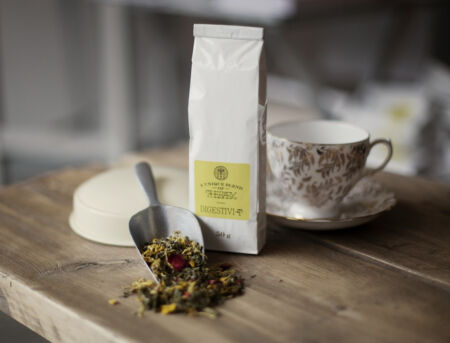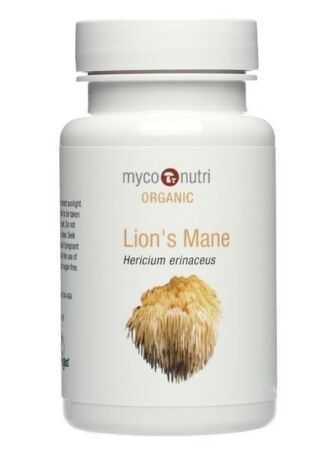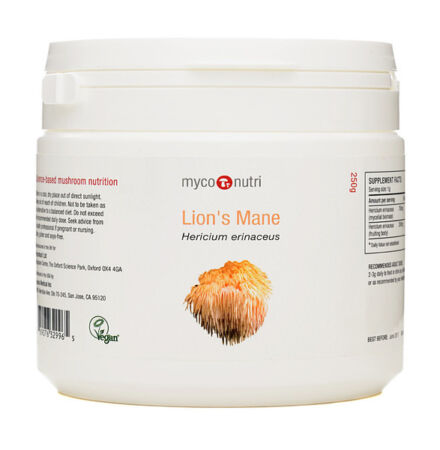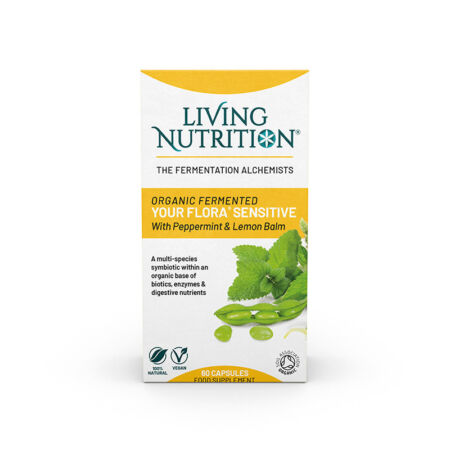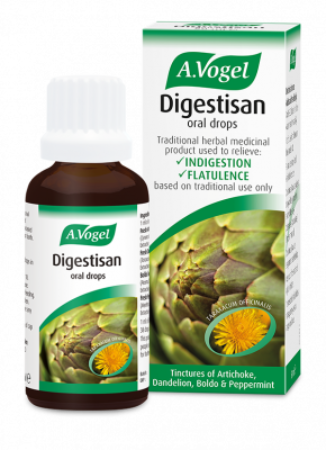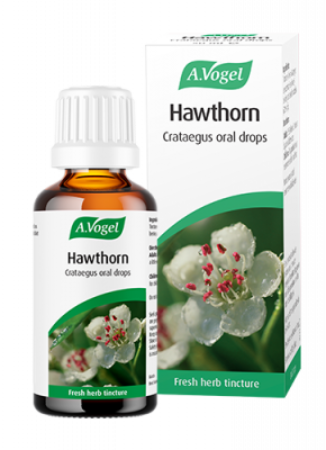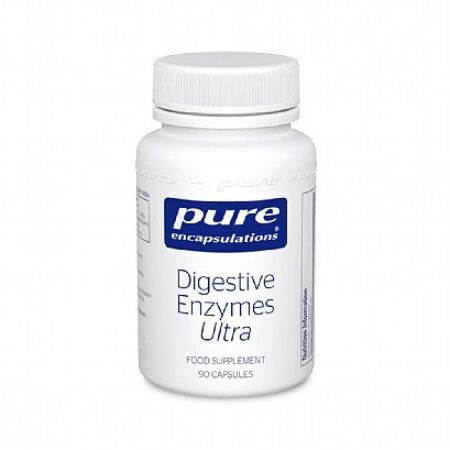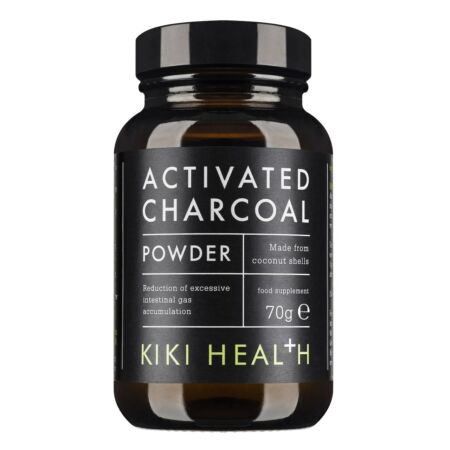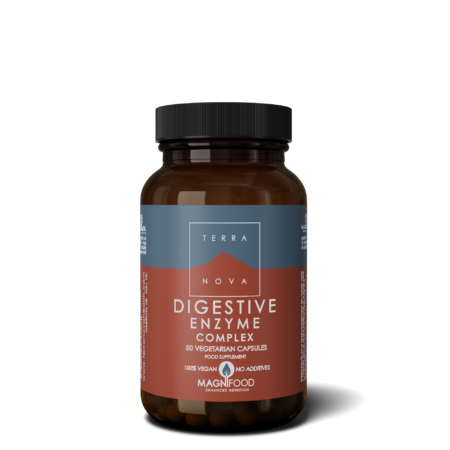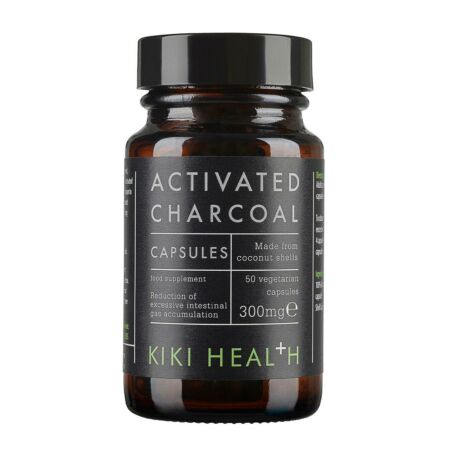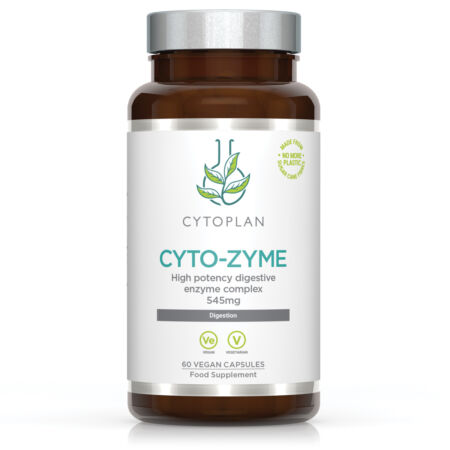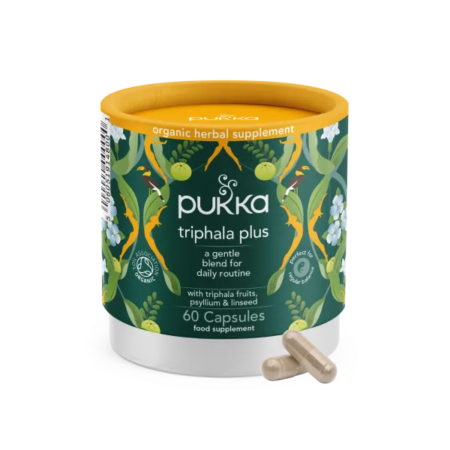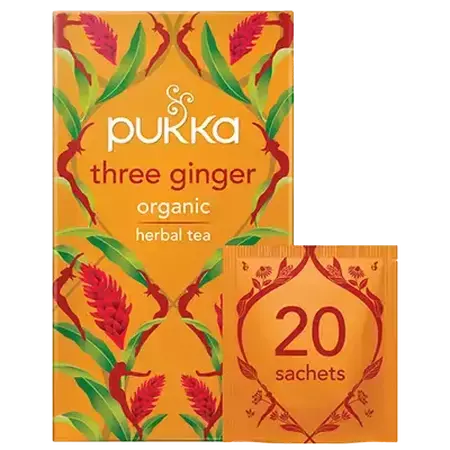Abdominal bloating is a uncomfortable condition that affects a great number of the population. Here we look at dietary, supplemental and lifestyle considerations and protocols to minimise bloating and discomfort
What is bloating?
Abdominal bloating is a common digestive complaint[i]. It typically presents with a feeling of fullness, distension and discomfort[ii]. Bloating is usually felt in the lower abdomen or upper abdomen and is commonly accompanied by gas and other digestive issues such as constipation and diarrhoea[iii]. Bloating may also be related to hormonal fluctuations and can be worse around the time of menstrual bleeding or PMS[iv]. Please read our articles on these related conditions.
People can often feel bloated after eating certain foods. Some foods may ferment in our digestive system and cause intolerances and allergies. However, bloating may also be due to many other reasons including[v]:
- Gut hypersensitivity (where the nerves of the gut are oversensitive)
- Impaired gas handling (whereby gas is trapped due to improper functioning of the gut)
- Altered gut microbiota (the bacteria which live in our guts)
- Abnormal abdominal-phrenic reflexes (a disorder of the muscles which control gut function)
What is bloating associated with?
Bloating is associated with conditions of the digestive system from (irritable bowel syndrome) IBS, to IBD(inflammatory bowel disease) and (small intestinal bacterial overgrowth) SIBO.
What is the 'Gut-Brain Axis' and how does it affect bloating?
The gut-brain axis offers insight into how stress can also contribute to bloating and IBS. The vagus nerve connects our brain to our digestive system and allows continual communication by sending signals between these areas.
The microbiome has a large part to play in the function of the vagus nerve[iii]. As such, the gut microbiota is implicated in a number of stress-related disorders such as depression, anxiety and gut disorders such as IBS[iv]. The understanding of the gut-brain connection was discovered hundreds of years ago but more recently has come to the fore of clinical research.
Nutritional support suggestions for bloating
Some people find relief from their symptoms by following a low FODMAP or specific carbohydrate diet. These diets limit foods that typically trigger bloating in people such as pulses and legumes, onions, garlic, broccoli, cauliflower and high-carbohydrate fruits[vi]. However, whilst they do tend to be effective in the short term in reducing symptoms, these diets are highly restrictive and reduce specific nutrients, vitamins and minerals that are beneficial to our overall health and well-being. They are also known to deplete beneficial microflora, in particular bifidobacteria which are critical for our long-term health[vii]. Therefore, in holistic nutrition, personalised dietary protocols are encouraged to ensure that these address the symptoms whilst maintaining good health. Please talk to us today for advice or to book a consultation with one of our expert nutritional therapists.
Probiotics: are often a starting point for anyone suffering from bloating. Try Restore. This wonderful blend is excellent for treating bloating.
Bitters: In many cases, bloating is a result of not digesting food properly. Bitters such as rocket, radish and dandelion are good to have with, or just before a meal to help get the digestive process activated so that food can be broken down more effectively[viii]. Try Digestive Elixir - Organic (50ml).
Ginger: Likewise, ginger may also be beneficial prior to a meal as it supports the optimal pH of the stomach to assist with digestion. Try: Ginger - Organic 400mg, Peppermint Oil Plus - Delayed Release, Gimber Organic Drink Concentrate (500ml)[ix].
Alcohol and sugar: impact the digestive system negatively and therefore should be avoided as much as possible during a gut-healing protocol[x].
Seeds for stool bulking: Soaked linseeds and chia seeds are great for bulking stools, making passing stools more regular as they are full of fibre. Soak the seeds in some water or non-dairy milk overnight in the fridge and have a tablespoon of the soaked seeds with breakfast each morning when you wake up.
The wonders of tea: Starting your day with a mug of hot water with fresh lemon and ginger activates your digestive system and kick-starts your liver into action. Peppermint tea is also nice to have after meals to help with bloating. Try Pukka Chamomile, Vanilla & Manuka Honey Tea (20 sachets), After Dinner Tea (20 sachets) and Mint Refresh 20 sachets.
Other useful tips to help reduce bloating
Keep a food-symptom diary: It may be useful to keep a diary; note down the foods that you have eaten prior to the symptom occurring and see whether there is a connection to specific foods that there may be an intolerance to.
Get prepared: The process of eating is just as important as the food you are eating. Mealtimes need to be given a sufficient time frame so that you are not rushing and eating your food too quickly. Digestion starts with saliva, so make sure that whilst you are preparing your foods you are smelling all the delicious aromas as this will trigger you to salivate. Saliva triggers your stomach to get ready for food. Even in the mouth, we are already producing enzymes to help break down carbohydrates.
“Rest and digest”: Simply ensuring that you sit down for a meal without distraction, rather than eating on the go, is important in making sure you are in a parasympathetic state, also known as rest and ‘digest’. To help, you can practice some calming breathing exercises 5 minutes before your plan to eat as this will activate the vagus nerve and start to calm your system down, preparing it for digestion[xi].
Supplement suggestions for bloating
- Digestive enzymes may offer a supportive role when it comes to conditions such as bloating. These come in various forms but we find that the Cytozyme formula by Cytoplan has particularly good general feedback. Digestive Aid by Viridian is useful if the stomach acidity also needs some support, Terranova offer a Digestive Enzyme formula combined with Probiotics for a more all-round digestive health solution. Note: that if stomach ulcers are present then digestive enzymes should only be taken with the guidance of your Nutritional Therapist.
- If herbal tinctures are an option, the Digestive Elixir by Viridian offers a beautiful blend of soothing herbs to support digestive health, discomfort and bloating.
- Activated Charcoal has been used for bloating for millennia. It helps to move gasses through your digestive system so your bloating is reduced. Kiki Health offer a simple capsule-form charcoal which is easy to carry with you when out and about.
- Beneficial bacteria (probiotics) are well-researched with a positive benefit around bloating. We love the High Strength Synerbio by Viridian when it comes to supporting the re-balance of Digestive Health. If stress is also an issue then it could be worth looking at probiotic formulas with additional calming herbs such as the Your Flora Tranquil supplement.
- If bloating is linked to constipation, then ensuring good hydration and enough fibre in the diet is essential. For a little gentle support around constipation, Pukka Triphala Plus is a blend of herbs and fruits that may help to generate bulk stools supporting easier bowel movement.
Testing options available for 'bloating'
Many tests may be useful when it comes to bloating as a symptom, from our Gastrointestinal test, to our SIBO test to food sensitivity testing. If you would like to look into these tests in more detail, we would suggest that you book in with one of our Nutritional Therapists. They are highly trained and skilled to assess complex digestive health conditions and may help to improve your health by getting to the root cause of any symptoms without the need for testing. The most relevant options will be discussed to ensure that any money invested is spent wisely. They can suggest which specific testing options would be most likely to get results, and use them to deliver protocol to support your long-term health.
Tests we may suggest include:



